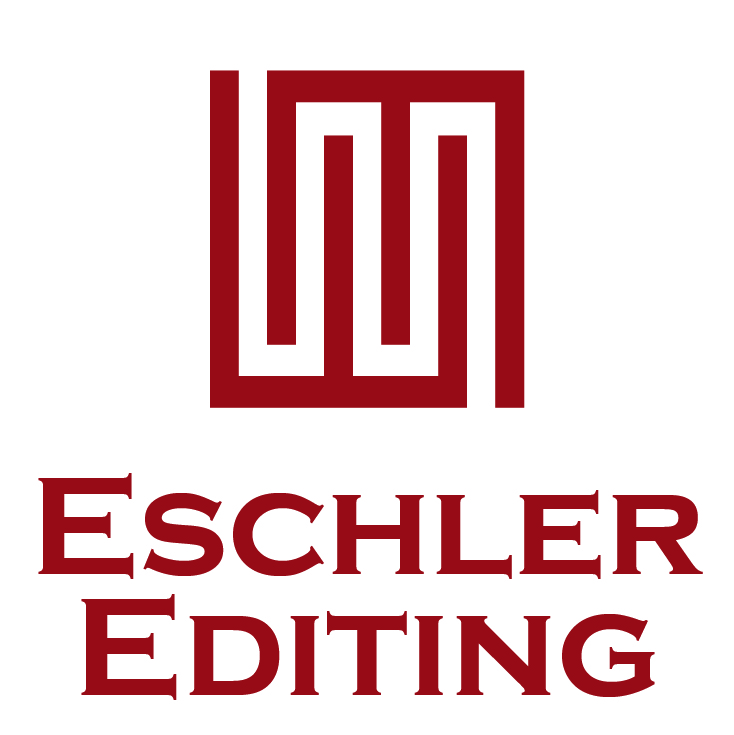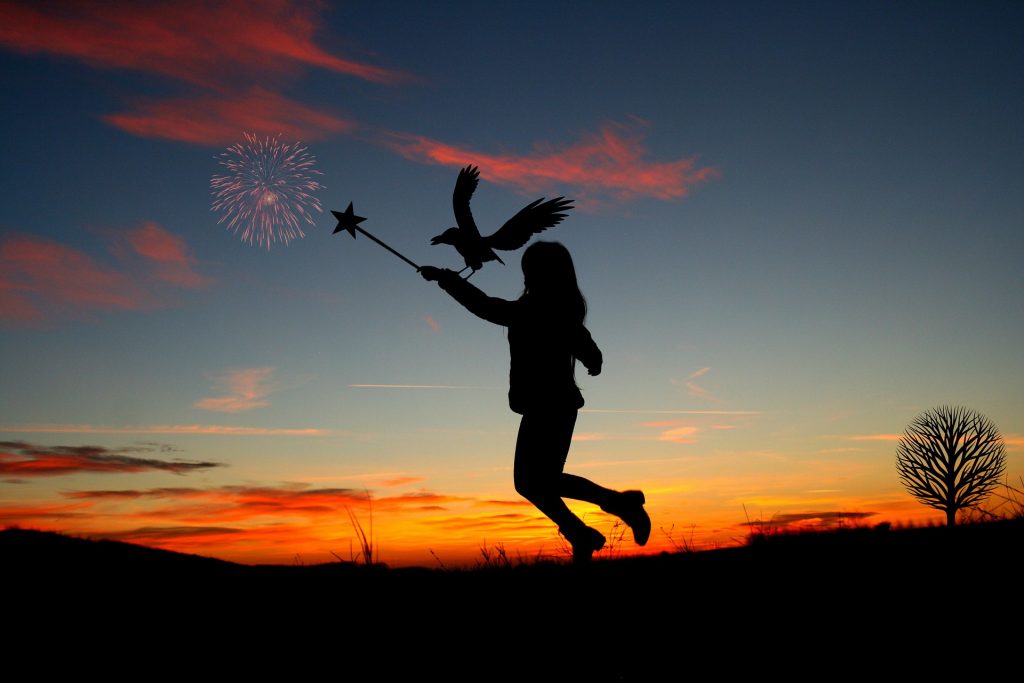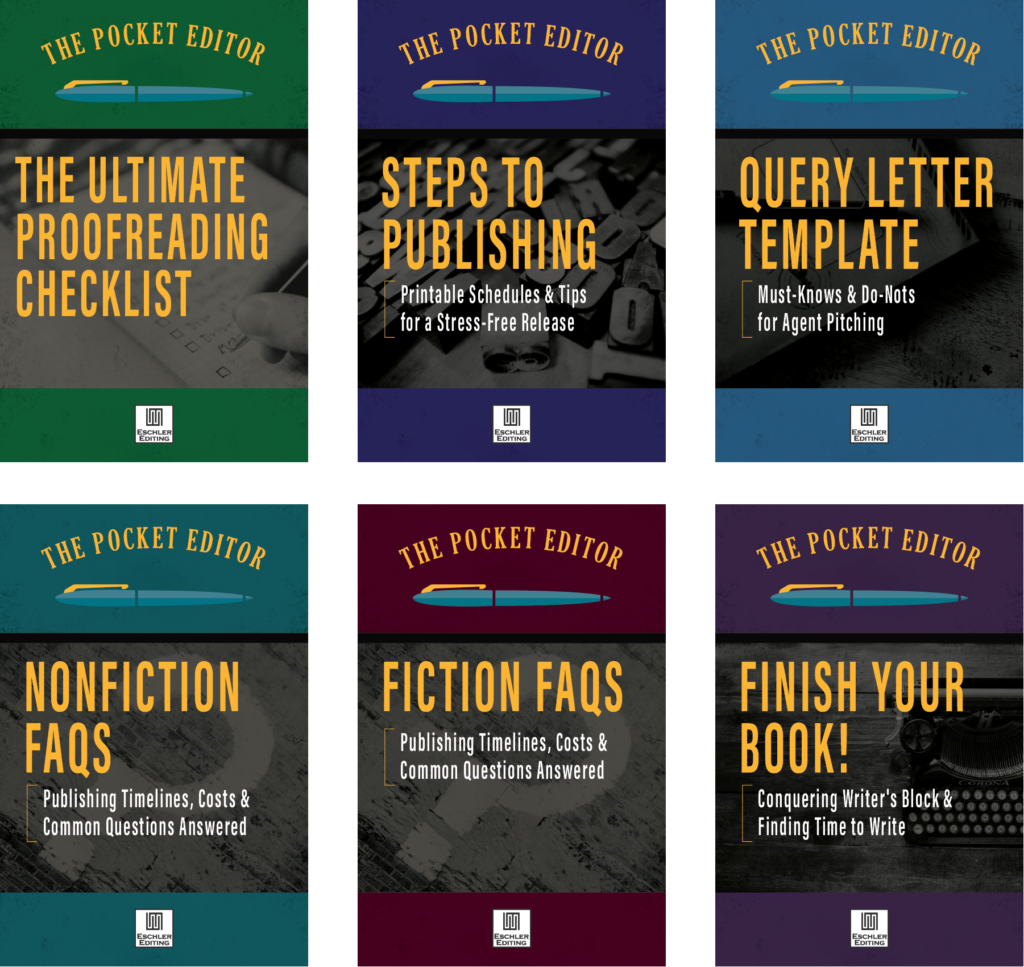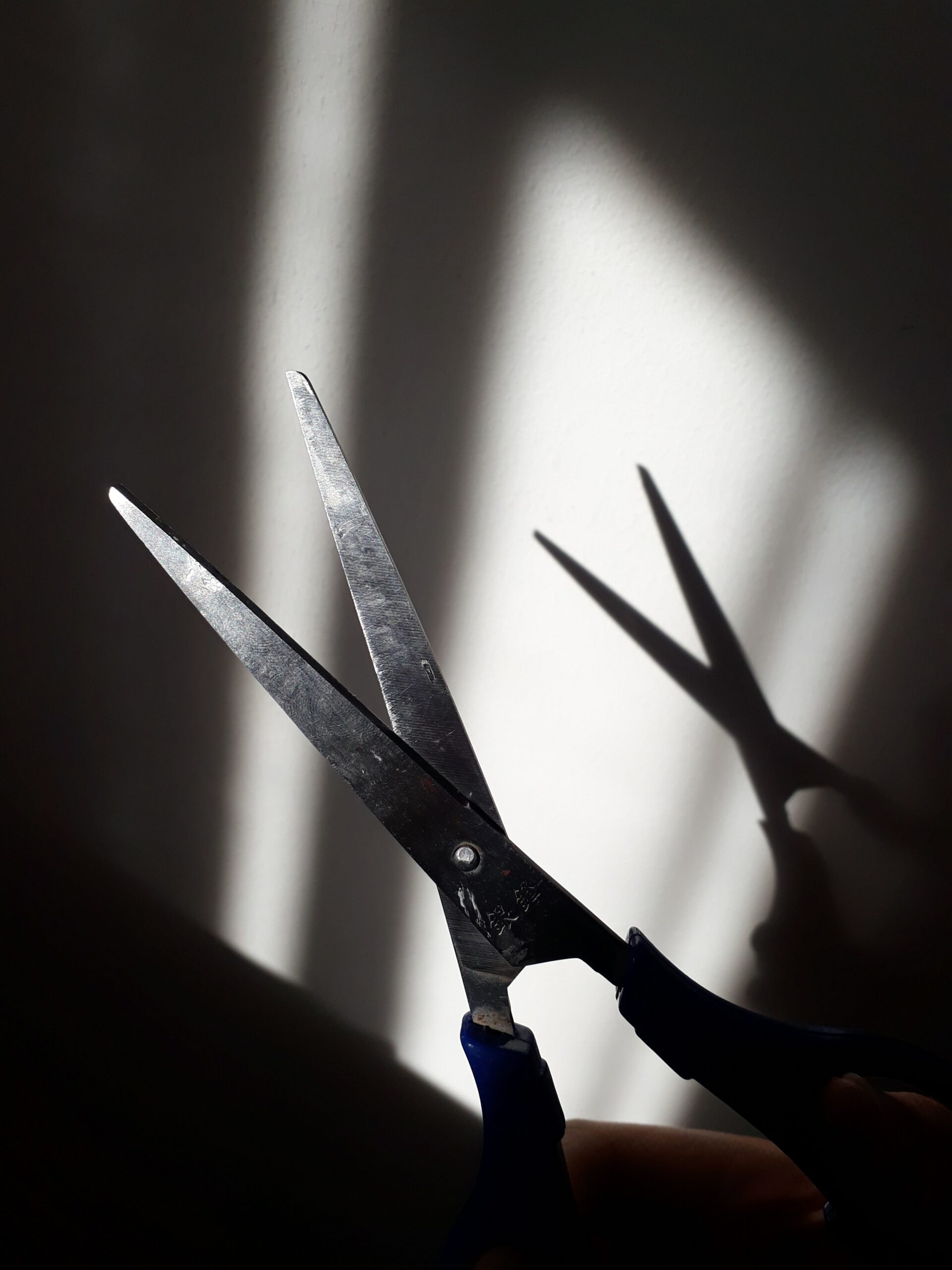by Angela Eschler and Lindsay Flanagan
Super-spies and superheroes. Ninjas and mysterious nomads. Magicians and monsters. Spaceships and species. (The story glands are salivating!) But there are some “rules” to consider before you dive in and go crazy with the super-possibilities.
If you’re writing something fantastical (be it magic, sci-fi, or any type of speculative—and high-action—fiction) or have a protagonist with super special skills—extreme ninja or spy skills, for instance—you need something to counter that awesome skill, or the reader will get bored with it.
Without a sufficient challenge to your magical abilities, your protagonist will get out of most scrapes too easily, hence ruining your opportunity to raise the stakes and build adequate tension. (The same applies to your villain; both sides of the battle need strength and weakness.) In creating the magic or skill, make sure you have answers to the following three questions so your character is not only awesome, but their story supplies enough pressure to make them equally compelling.
Question 1: What are the limitations (or rules) of the magic?
Not having rules and limitations for your magic systems (or world in general) puts your characters at risk of running wild with magic, creating chaos in your world, and losing the reader’s suspension of disbelief. In Harry Potter, J. K. Rowling establishes early on that witches and wizards need magical training in order to accurately perform and control their magic. A wand is a tool witches and wizards use to control and perform magic, although not all magic has to do with “foolish wand-waving” (thanks, Snape). Purposely performing and controlling magic without a wand is infinitely harder, and without the wand and magical training, it can get out of hand, like when Harry accidentally blows up his aunt. Having limitations makes it seem “real” and thus the challenges around it seem more dangerous.
Science-fiction rules and limitations are similar in that the science must be plausible, realistic. The science may not have happened yet, but the reader must believe it can happen—and that it’s scientifically sound (or could be, depending on your story). In The Martian, Andy Weir takes the idea of sending astronauts into space—in this case, on a mission to Mars—and explores what would happen if someone got stranded there. Could they survive? Weir’s novel is set in near-future 2035 and plays on science and technology that’s already in place or being explored: questioning what’s required for going to Mars and actually living there. The stranded astronaut, Mark Watney, is also a botanist and engineer—he plants food and repairs his spacecraft—which adds credibility to his survival skills. So the plot challenges come from his efforts to make the science work.
On the flip side, the Hitchhiker’s Guide to the Galaxy doesn’t exactly pin itself down on hard science (though it does make use of theories), but the rules of politics, bureaucracy, and “human” idiocy seem spot on—guiding how the universe functions (its limits) and allowing that wonky version of outer space to suspend the reader’s disbelief. Whether you’re creating limits to the world, the magic, the spy equipment or your hero’s physical prowess, make sure those limitations allow readers to suspend their disbelief and that the challenges to those skills/powers are sufficient to create suspense.
Question 2: What are the consequences of using (or just having) the power/skill?
Magic and powers come with a price. Some powers cause the magician pain or require the blood of someone else before the magic will work; some powers age or weaken the user; and some require the owner of the magic to stay hidden and live as a loner for fear of prejudice or being hunted. If your character is a spy or hated ninja/warrior (or the like), the consequence may be that they can’t have family/friend ties because such would endanger loved ones.
Smaller consequences can also create tension in the plot: perhaps the extreme ninja life requires exorbitant amounts of food to fuel, but your character’s budget is less than desirable, causing them to dig through Dumpsters or take food from others (so they’ll now be mistaken for a thief or get in trouble with the authorities . . . and the plot moves along). Or maybe the ability to interpret data in her mind causes your heroine major headaches, and the stronger the headache, the greater the chance she’ll misinterpret the data. Generally speaking, you always want to include the other side of the coin when it comes to extreme skills/powers; make sure to consider both pros and cons and tie the consequences of having those abilities into the action of the plot.
Question 3: What weakens/destroys/threatens the powers or skills?
This question takes a different angle from the first question above. It’s not about the rules or limitations of the magic but about what can catch the hero/ine off guard and render them impotent. This is a unique substance, place, person, or problem that affects the hero’s ability to fully use their powers—their personal Kryptonite—whether it be a countermagic, a physical challenge, or the magic of torn emotions (loving the spy who works for the other side). It is their bane—the thing that not only hinders their ability to use their power but could ultimately destroy them.
And there can also be scene-specific (smaller) challenges that threaten the character’s ability to use their skill in a particular moment: it may be a poison that makes them delusional and unable to fight or follow the trail. Think big (personal Kryptonite) when considering the climax and the character arc, and think small to make sure there’s tension in every fight scene. If the protagonist wielding magic abilities and skills were all powerful, there would be no conflict. The same applies to your villain (your dragon needs that weak spot waiting for the arrow).
Lastly, consequences and Kryptonites make your hero and heroine more relatable to your average, everyday reader too, making them ask, “What problems do I face that I can overcome to save my world?”
Do This Now
- Study your favorite books and jot down notes on which of the above questions the author is addressing and how.
- Study your manuscript and answer the above questions, making note of the conflicts and consequences created by the presence of magic in your world.
Now it’s your turn: what books or films have the best magic system? The worst? Which magic system do you wish you had created? Share your thoughts with us!
______________________________________________________________________________________________________________
Angela Eschler, founder of the award-winning Eschler Editing, has nearly twenty years of experience in the publishing industry, including a near decade working in-house at traditional publishers. She now works as a freelance editor and industry coach for authors, editors, publishers, and other organizations and has edited nearly a thousand manuscripts from diverse genres. A published author herself (inspirational works for women), Angela’s work has been featured on television, radio, and in documentary film. As a certified word nerd, she loves connecting with writers and readers of all sorts.







0 Comments